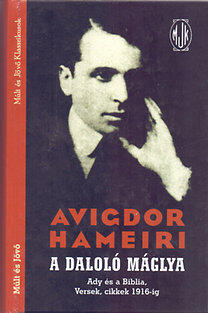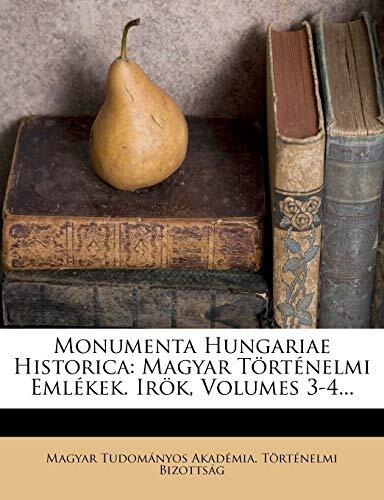
A daloló máglya - Ady és a Biblia, Versek, cikkek 1916-ig
작성자
Avigdor Hameiri
아직 평점이 없습니다
Biography
Autobiography & Memoir
형식
하드커버
언어
헝가리어
출판됨
Jan 1, 2006
출판사
Mult Es Jovo
ISBN-13
9789639512238
설명
Avigdor Hameiri's autobiography offers a compelling glimpse into the life of a Hebrew poet deeply influenced by his Hungarian roots. Through a rich tapestry of verses and essays, he navigates the complexities of identity, faith, and creativity, reflecting on the profound impact of the Bible in his work before 1916. Hameiri's writing reveals a personal journey intertwined with historical events, showcasing how his experiences shaped his artistic vision.
His reflections capture the essence of a tumultuous era, revealing the struggles and triumphs that defined his path as a poet. He creates a vivid portrait of Hungary's cultural landscape, marked by both the beauty and the challenges of minority existence. Each poem and article resonates with a deep sense of longing and authenticity, inviting readers to experience the emotions that fueled his creative spirit.
Hameiri's connection to the Bible is particularly noteworthy. The sacred texts serve not only as inspiration but also as a framework within which he explores themes of spirituality and morality. This interplay between his Jewish heritage and literary aspirations offers a unique perspective on the universal questions of existence.
Overall, this collection stands as a testament to Hameiri's artistic genius and his ability to bridge cultural divides. Through his words, readers are encouraged to reflect on their own ties to faith, heritage, and the timeless quest for understanding.
His reflections capture the essence of a tumultuous era, revealing the struggles and triumphs that defined his path as a poet. He creates a vivid portrait of Hungary's cultural landscape, marked by both the beauty and the challenges of minority existence. Each poem and article resonates with a deep sense of longing and authenticity, inviting readers to experience the emotions that fueled his creative spirit.
Hameiri's connection to the Bible is particularly noteworthy. The sacred texts serve not only as inspiration but also as a framework within which he explores themes of spirituality and morality. This interplay between his Jewish heritage and literary aspirations offers a unique perspective on the universal questions of existence.
Overall, this collection stands as a testament to Hameiri's artistic genius and his ability to bridge cultural divides. Through his words, readers are encouraged to reflect on their own ties to faith, heritage, and the timeless quest for understanding.
